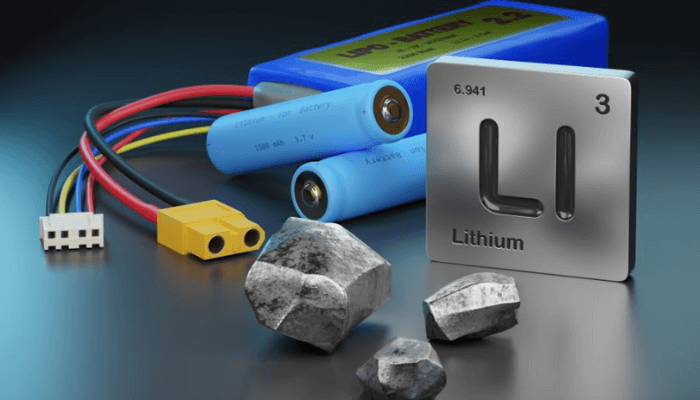Genus has unveiled a new range of lithium power solutions for Nigerian homes in a bid to provide a more reliable and efficient alternative for households struggling with unstable electricity supply.
The company said the innovation was built on years of engineering expertise and designed to deliver faster charging, longer battery life and improved energy efficiency, all in a compact, modern system suited for urban and semi-urban homes.
According to Genus, the lithium batteries charge to full capacity in three to four hours, nearly three times quicker than traditional inverter batteries, a feature that responds to the country’s frequent short supply window from the national grid.
At the launch, Simba Industries, the Nigerian partner of Genus, explained that the new range is developed with the prevailing realities of Nigerian users. The key competitive advantages are high load capacity, quick recharge, low operating cost and extended service life.
The rollout is backed by a national service network of Simba to ensure easy access and long-term reliability. This partnership brings together technology-driven innovation from Genus and the strength of Simba’s distribution network while reiterating the balanced drive of both companies toward energy independence through accessible and affordable power solutions.
Beyond the new offering from Genus, Nigeria’s energy landscape is already witnessing a shift as consumers gradually move away from traditional lead-acid batteries toward more stable, low-maintenance lithium systems.
Several other players have popularised portable lithium solutions that integrate solar charging, smart metering and pay-as-you-go models, which include Lumos, Rubitec and the growing wave of solar home system providers. These systems have become crucial for households in search of predictable power without the noise and fuel costs of generators.
Government-driven interventions also contribute to the shaping of the market. Rural Electrification Agency (REA) continues to expand its solar hybrid mini-grid projects, which rely on lithium storage to serve customers with predictable electricity in a nascent and underserved energy environment.
Through programmes such as the Nigeria Electrification Project and the Energising Education Programme, REA has installed several units of lithium-based batteries on campuses and rural grids, providing proof of concept for large-scale deployment.
Private solar companies are increasingly offering financing schemes at the household level that make lithium systems more accessible.
Brands such as Arnergy and Daystar Power have moved to introduce leasing models, subscription services, and flexible payment plans that remove the upfront cost barrier, one of the major limitations for many families.
Such models not only democratise access but also support Nigeria’s wider transition from fossil-fuel-based backup power toward cleaner alternatives.
The improvement of standards and safety continues to evolve. The Standards Organisation of Nigeria (SON) has increased its efforts in the regulation of non-certified batteries that are entering the market.
This ensures that new lithium systems, including those from Genus, are tested for durability, safety and performance. Such a regulatory environment creates room for more reliable brands to thrive and protects consumers from substandard products.
With how unreliable the grid has become, which continues to push households toward alternative energy, Genus’ entry into the lithium space is a strategic move and indeed a welcome addition to the growing ecosystem of modern power solutions in Nigeria.
As more Nigerians embrace cleaner and fast-charging energy systems, the country draws towards a future where electricity access will be but an assured part of life.
Summary not available at this time.






